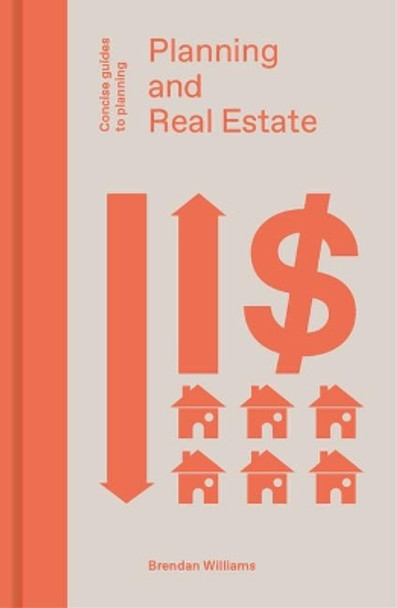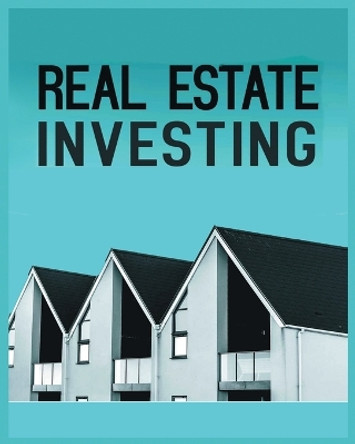Real-estate development is a highly regulated, high-value industry: this book examines its efficiency, its role in shaping the built environment and its relationship with planning and planners. It considers issues such as the role of the government and property markets and whether it is valid to blame the planning systems for dysfunctional housing markets. It also provides a useful grounding in development companies' decision-making and how the property-development process, financing and pricing systems operate in a market economy. It explains the UK's Development Led system and Development Appraisals, before comparing various alternative international systems to see how they treat, or prioritise, real estate and development interests. It questions which policies might lead to high levels of speculative activity and if so, whether this is sustainable, in political, economic or environmental terms. It looks to the future to see whether the planning system can prevent future property bubbles and identifies key lessons and implications for planning and property markets.
About the AuthorBrendan Williams has taught and researched at a number of universities in North America and Europe for over 20 years and is currently Director of the Urban Environment Research Project at University College Dublin where he lectures in Urban Development, Urban Economics and Comparative Planning systems. His principal research themes are urban development and policy frameworks in Ireland and internationally and applied research on the role of property markets in economic development.
Reviews'As the world emerges from the Covid-19 pandemic, this book provides an invaluable framework to assess the arguments of where planning and development go next.' -- Cliff Taylor * Irish Times *
Book InformationISBN 9781848223554
Author Brendan WilliamsFormat Hardback
Page Count 128
Imprint Lund Humphries Publishers LtdPublisher Lund Humphries Publishers Ltd








